Education
UNICEF Raises Alarm Over 18.3 Million Out-of-School Children in Nigeria
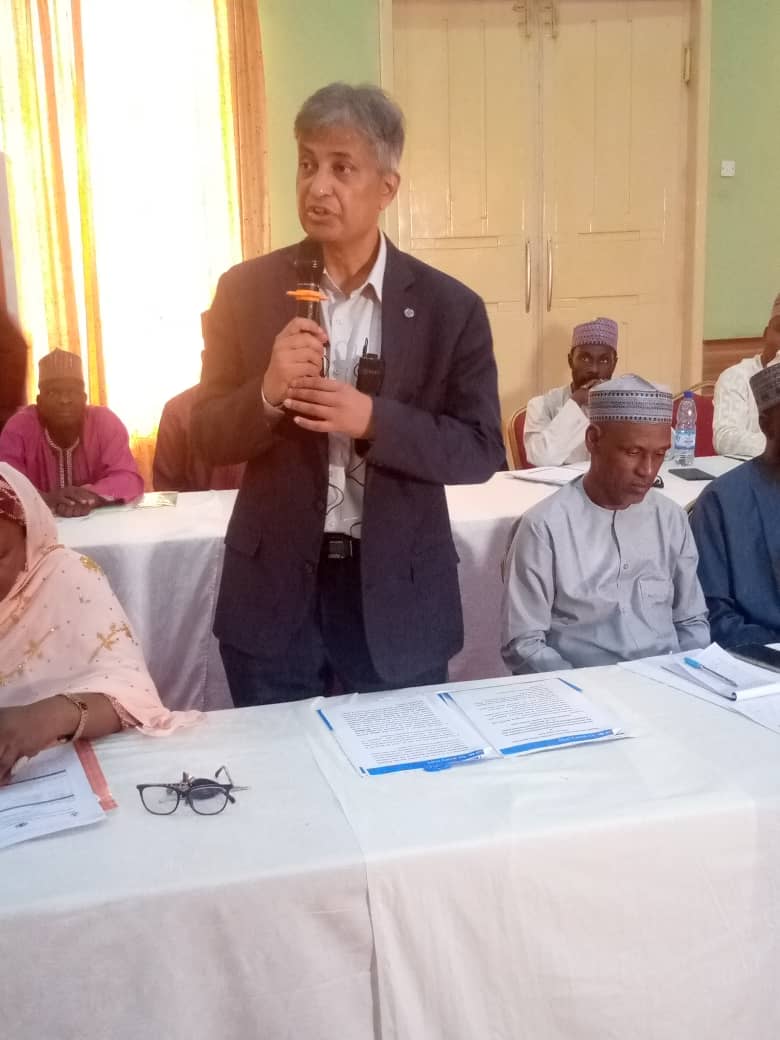
By Muhammad Jamilu Abubakar
In a concerning revelation, UNICEF has highlighted the stark reality of Nigeria’s education crisis, with a staggering 18.3 million children out of school. Dr. Tushar Rane, Chief of Field Office UNICEF Bauchi, emphasized the severity of the situation, noting that 10.2 million primary school-age children and an additional 8.1 million at the junior secondary level are affected.
This dire situation places Nigeria at the forefront of the global challenge of out-of-school children, with only 63 percent of primary school-age children regularly attending school. The transition to junior secondary education is also hindered, with only 84 percent effectively moving on after completing primary school, according to the Multiple Indicator Cluster Survey 2021.
Various factors contribute to this crisis, including inadequate policies, limited budget allocation, teacher and classroom shortages, poor infrastructure, cultural norms, health and safety concerns, and child labor. Dr. Rane particularly highlighted the increasing dropout rates, especially in the northern region.
UNICEF expressed deep concern over the low learning achievement and high rates of out-of-school children, particularly in the North East and North West regions. To combat these challenges, UNICEF has collaborated with the Universal Basic Education Commission (UBEC) to develop the National Framework of Action to Reduce the Number of Out-of-School Children in Nigeria, along with the Retention, Transition, and Completion Model, aimed at ensuring inclusive and equitable quality education for all.
In response to this crisis, Prof. Aishatu Maigari, Gombe State Commissioner for Education, emphasized the urgency of concerted efforts from all stakeholders. With 750 thousand out-of-school children in Gombe State alone, out of a population of 4 million, she stressed the need for collaborative action to address this alarming menace. The state government is actively engaging with development partners such as UNICEF to devise strategies to reduce the number of out-of-school children in Gombe State.
Education
Shongom LGEA Orders Full Resumption of Schools, Urges Teachers to Begin Classes Immediately
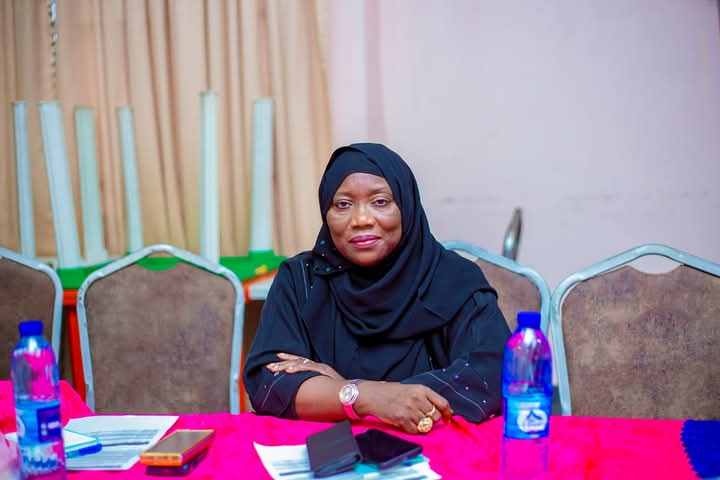
By Our Correspondent
As schools across Gombe State resume for the new academic term, the Education Secretary of the Local Government Education Authority (LGEA) Shongom, Mrs. Satiyel Buba, has directed all teachers in government-owned primary and secondary schools in the area to resume work without delay on Monday, 15th September, 2025.
Speaking during a school resumption meeting with head teachers, supervisors, and principals, Mrs. Buba emphasized the need for teachers to begin teaching immediately after resumption. She said the meeting was convened to serve as a reminder for teachers on effective teaching techniques expected to guide them in discharging their duties diligently.
The Education Secretary further called on parents and guardians to ensure their children return to school promptly, stressing that lessons would commence without delay. She also commended Governor Muhammadu Inuwa Yahaya, the State Universal Basic Education (SUBEB) Chairman, and the Executive Chairperson of Shongom LGA, Dr. Fatima Binta Bello, for their commitment to creating a conducive learning environment in schools.
Mrs. Buba appealed to host communities to take responsibility for safeguarding school facilities in their respective areas from vandalism by unpatriotic individuals.
In his remarks, the ANCOP Coordinator, Shongom LGA chapter, Mr. Ezekiel Malachi Maikano, noted that the association had made it a tradition to regularly meet, brainstorm, and reflect on past activities in order to correct lapses where necessary. He urged teachers and principals to remain alert to current developments, particularly those affecting the teaching profession, and to continuously update their knowledge to meet global standards.
Also speaking, the Central Supervisor of Shongom LGA, Mrs. Dija Yusuf, expressed gratitude to the Education Secretary for introducing the new syllabus and updates. She charged teachers to put the techniques and knowledge acquired into practice to enhance productivity in their schools.
With schools now open, stakeholders in Shongom LGA have reaffirmed their collective resolve to ensure effective teaching and learning, as well as the protection of public school facilities.
Education
NEU Gombe Secures Full Operational Licence from NUC
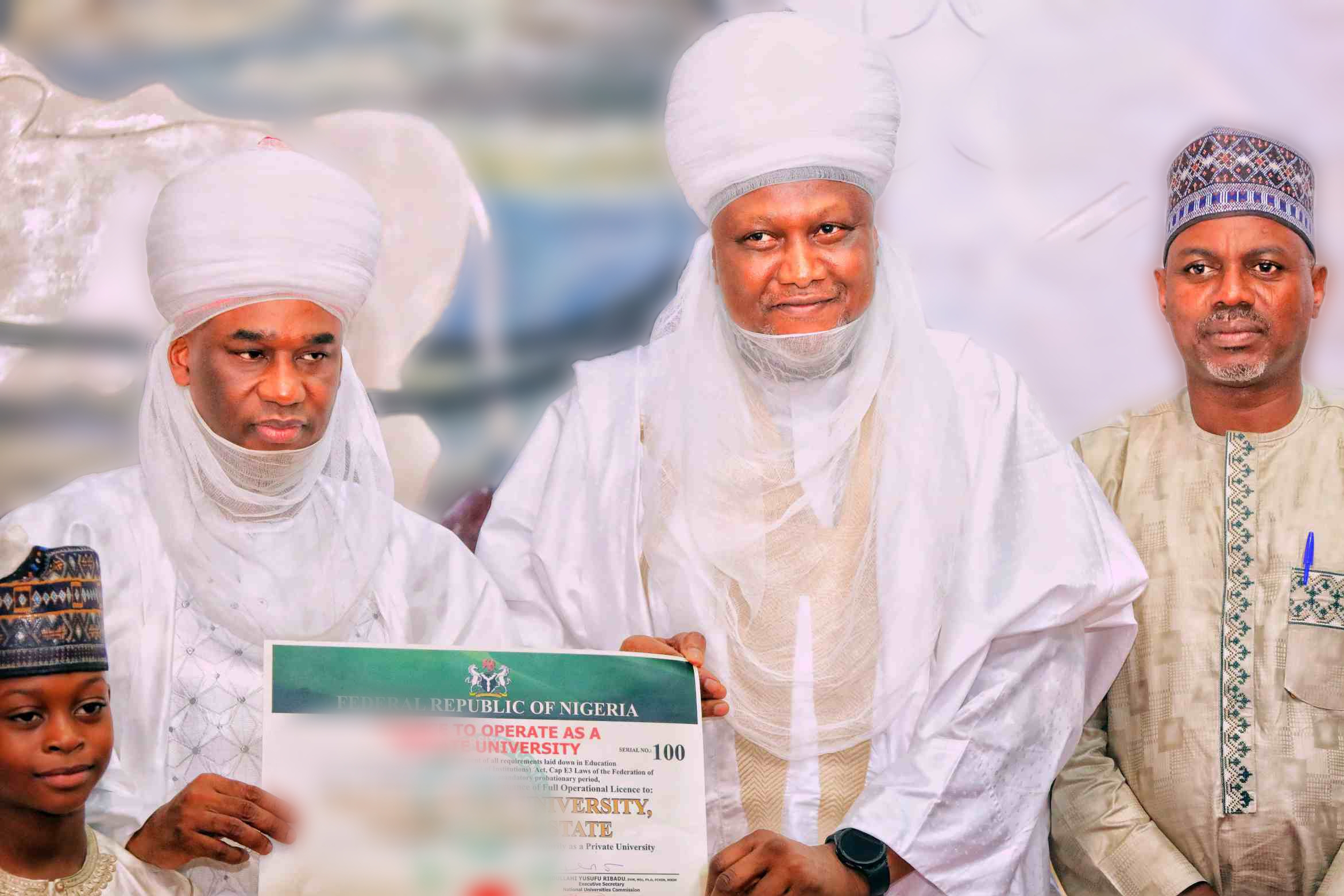
By Mukhtar Sani Saulawa, Gombe.
The North-Eastern University, Gombe (NEU), has been granted a Full Operational Licence by the National Universities Commission (NUC), marking a major milestone in the institution’s growth and long-term stability.
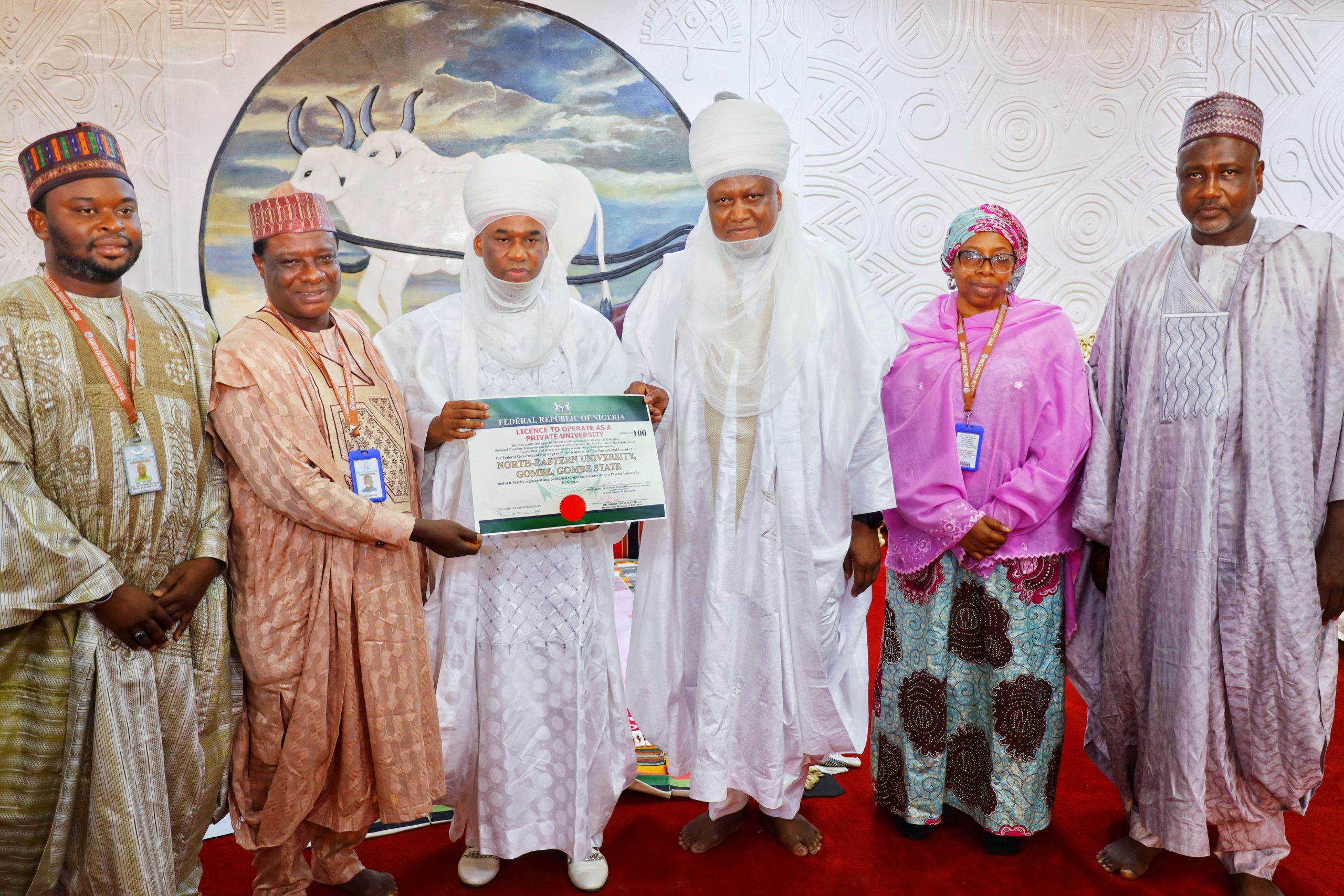
The development was announced by the University’s Founder and Pro-Chancellor, Dr. Sani Jauro, the Dan Lawan of Gombe, during a visit to His Royal Highness, the Emir of Gombe, Alhaji (Dr.) Abubakar Shehu Abubakar III, at the Emir’s palace on Friday. The Emir, who serves as the University’s Chancellor.
Dr. Jauro noted that since the institution received a provisional licence in 2022, it has remained focused on delivering quality teaching, strengthening modern facilities, and expanding hands-on training efforts he said were greatly encouraged by the Emir’s steady support.
“This achievement of the North-Eastern University is not just ours alone; it is a collective success for the people of Gombe State and Nigeria as a whole,” Dr. Jauro said. “We remain grateful to His Royal Highness for his unwavering support, as well as to the management team whose dedication has driven the university’s growth.”
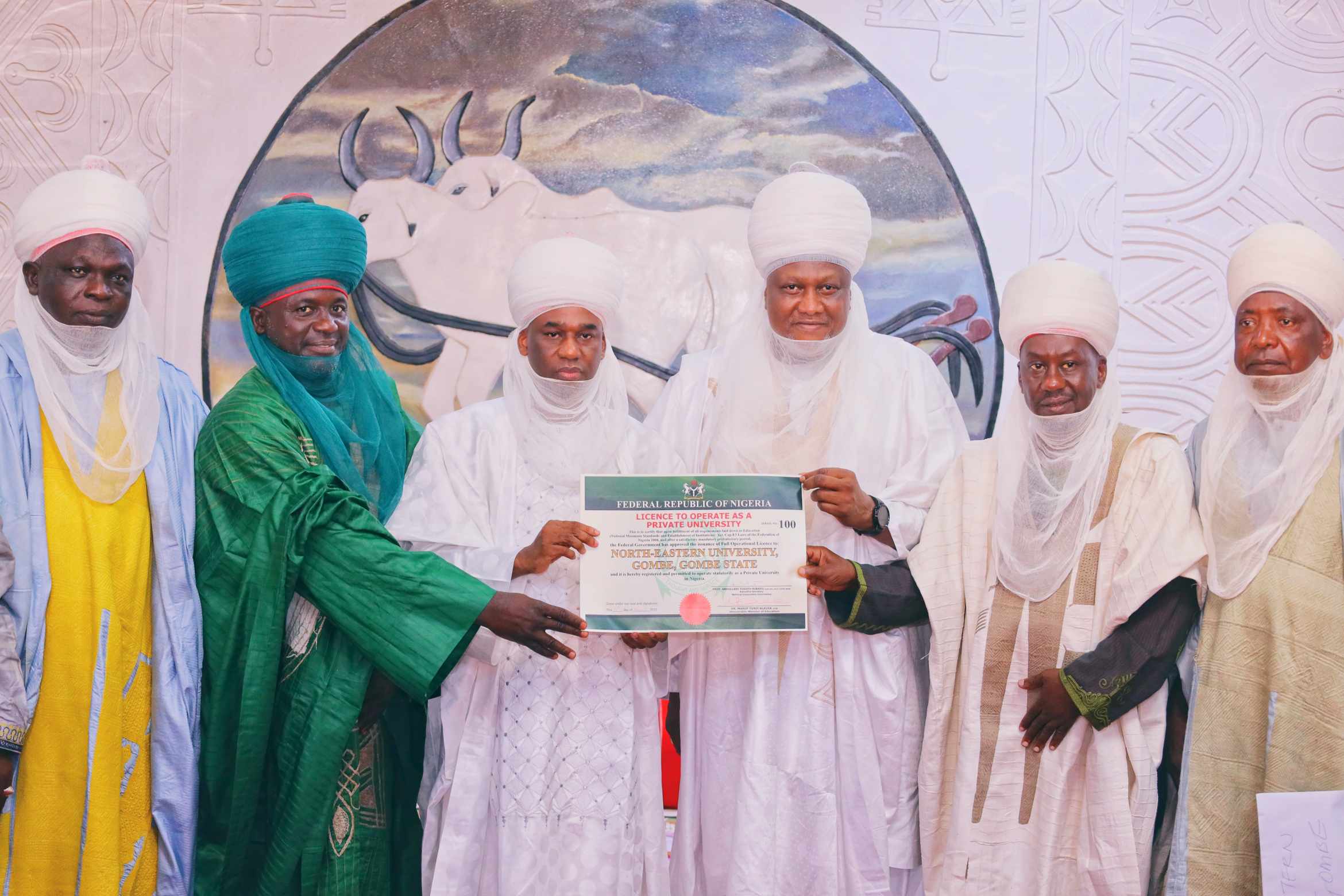
In his remarks, the Emir of Gombe congratulated the University, describing the Full Operational Licence as a landmark that reflects NEU’s steady progress and its commitment to academic excellence and discipline.
“Securing full accreditation from the NUC is a remarkable achievement. It underscores how far the University has come and reaffirms our collective vision for educational excellence,” the Emir said. “This is a matter of pride for every citizen of Gombe who values education as a tool for development.”
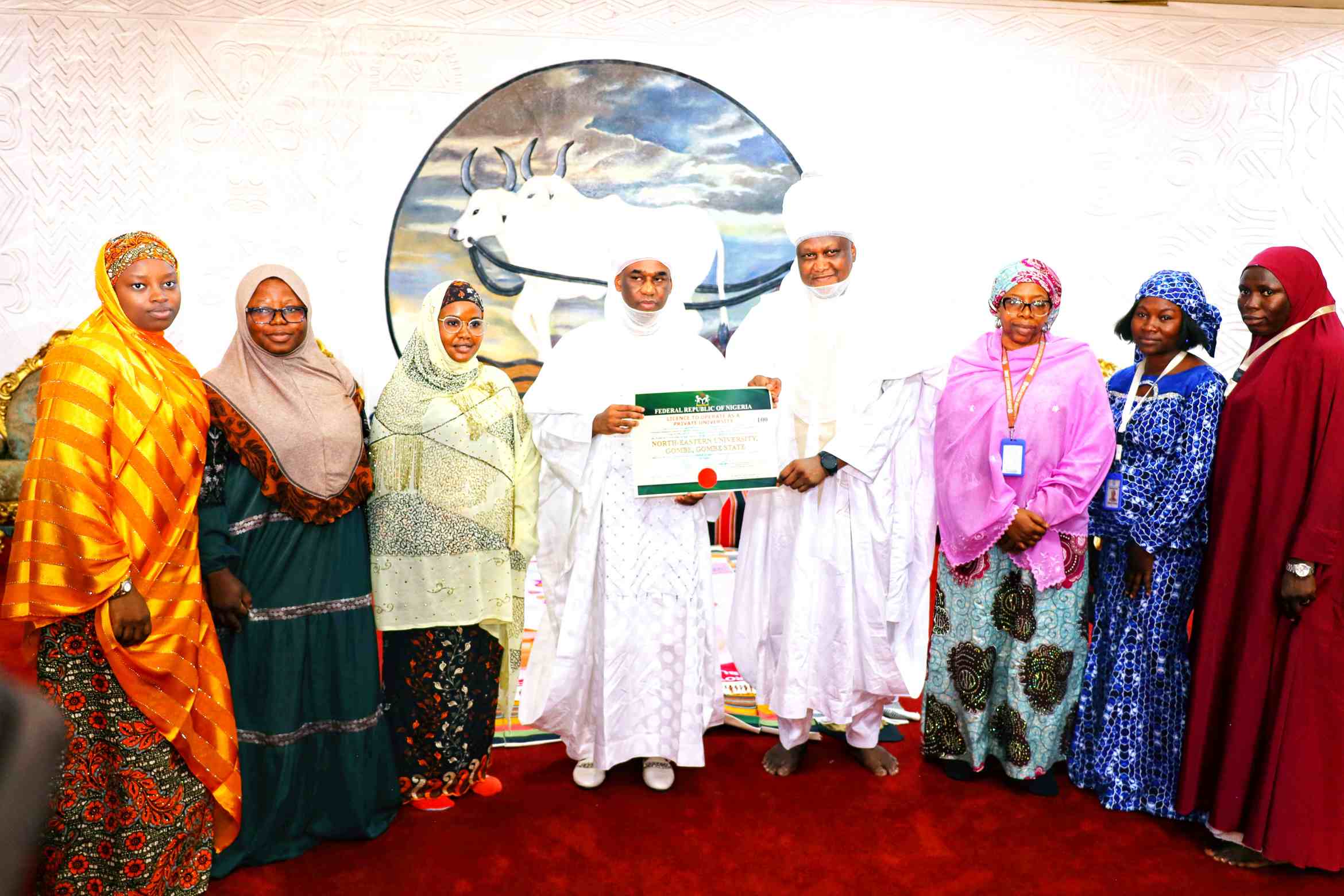
As background, the University recently posted an average score of 91.4 per cent in NUC programme accreditation exercises an outcome that underscores the institution’s academic standards while the full licence secures its operational footing.
With this licence, North-Eastern University, Gombe, is poised to consolidate its place among leading private universities in northern Nigeria, producing graduates equipped with knowledge, character, and skills to drive societal development.
Education
NEU Gombe Pledges Full Sponsorship for Legendary Inventor (Dr). Usman Hadi’s Creations
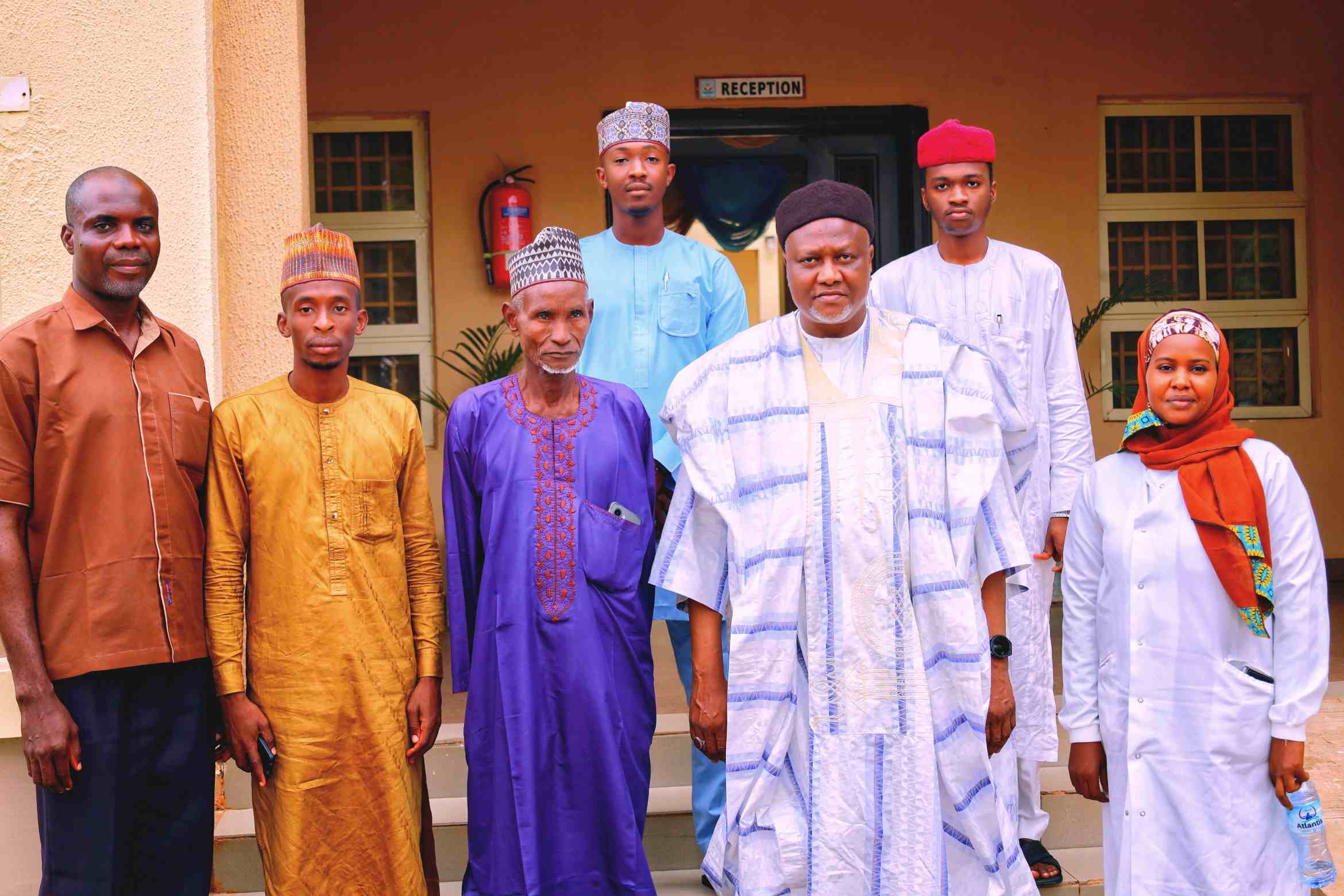
By Mukhtar Sani Saulawa
North-Eastern University (NEU), Gombe, today hosted celebrated self-taught legendary inventor (Dr). Usman Hadi, in a strategic visit aimed at fostering innovation, enhancing practical skills training, and driving both institutional growth and positive community impact.
During the visit, Dr. Hadi met with the Founder and Pro-Chancellor, Dr. Sani Jauro, where both parties agreed on key areas of partnership. Dr. Jauro assured the inventor that the university is prepared to sponsor him at any stage necessary to bring his inventions to life.
“NEU Gombe, is ready to stand by you at any stage necessary to ensure your inventions become a reality. We believe your skills and creativity can inspire our students and uplift the community.”
The collaboration will also see the introduction of a practical entrepreneurship course, where students will learn hands-on skills directly from Dr. Hadi’s wealth of experience. Additionally, the founder pledged that NEU would provide him with a fully equipped workspace on campus whenever needed.
Expressing his gratitude, Dr. Usman Hadi commended the university’s commitment to innovation and pledged to contribute his expertise to the benefit of the institution, its students, and the wider community.
“I am ready to contribute my knowledge and experience to the development of this university, its students, and the community at large,” he said.
Over five decades, since the early 1970s, Dr. Hadi has developed more than 78 inventions, including a radio station, radio transmitter, a Vespa-engine helicopter, and a mobile handset all without formal Western education. One of his most famous creations is a stove that runs using only water, requiring no kerosene or gas. Built through years of trial and error, the stove harnesses the atoms and electrons in water, using copper, a speed motor, battery, burner, and water bottle to generate energy for cooking.
The visit ended with a guided tour across some of NEU’s key facilities, including the Centre for African Medicinal Plant Research (CAMPRE), the Anas Aremeyaw Anas Multimedia, Content Creation & Innovation Centre, and the Centre for Entrepreneurship.
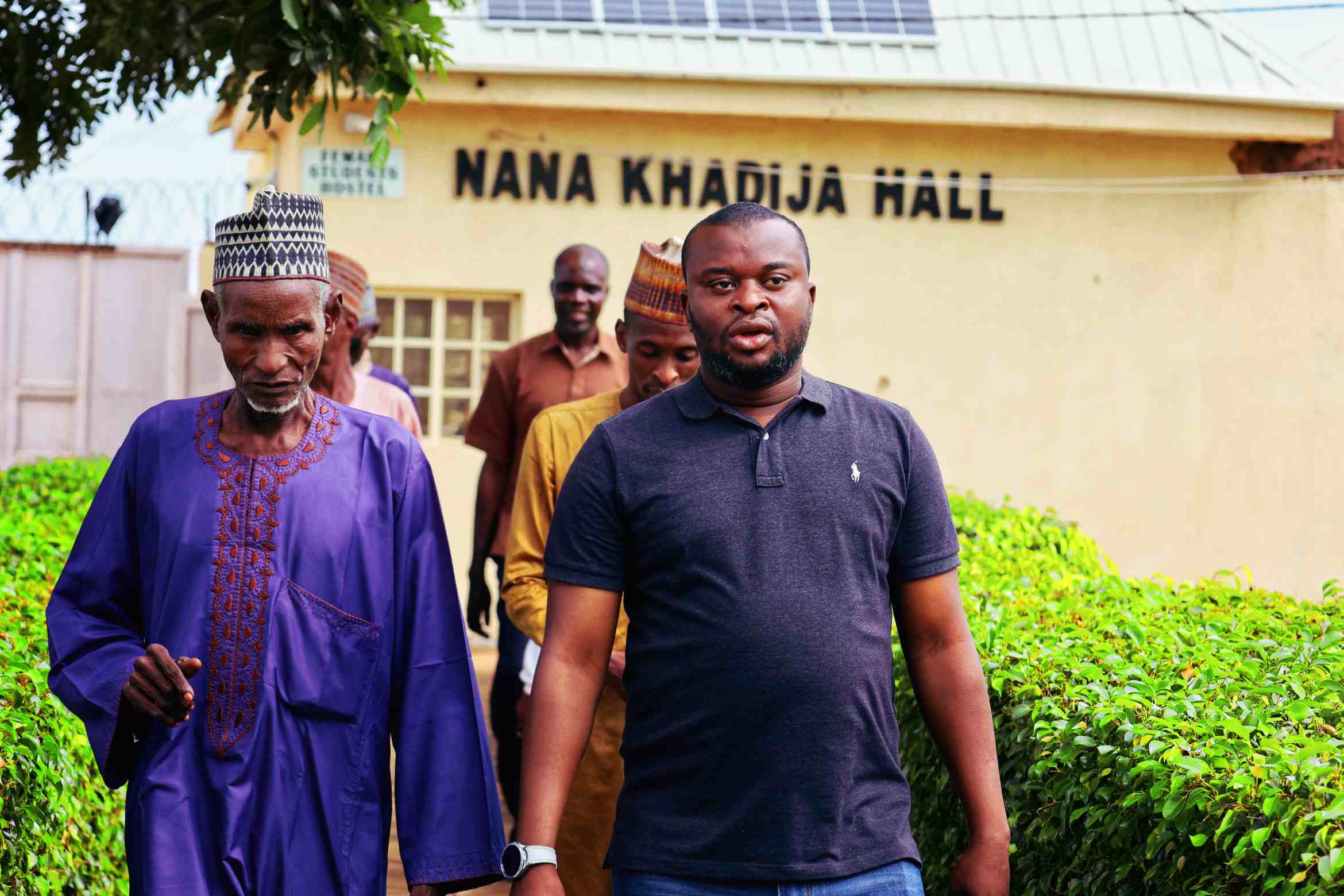
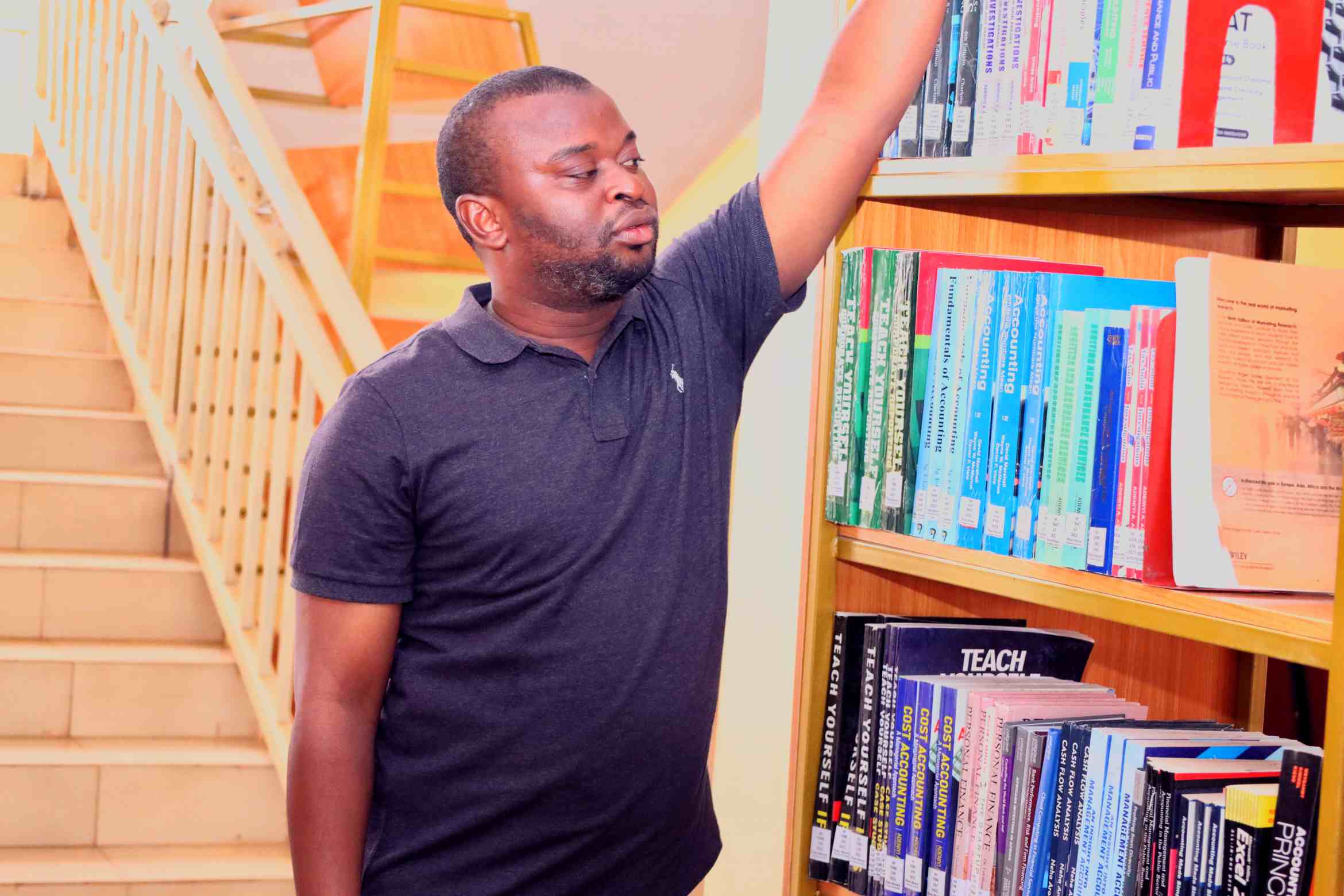
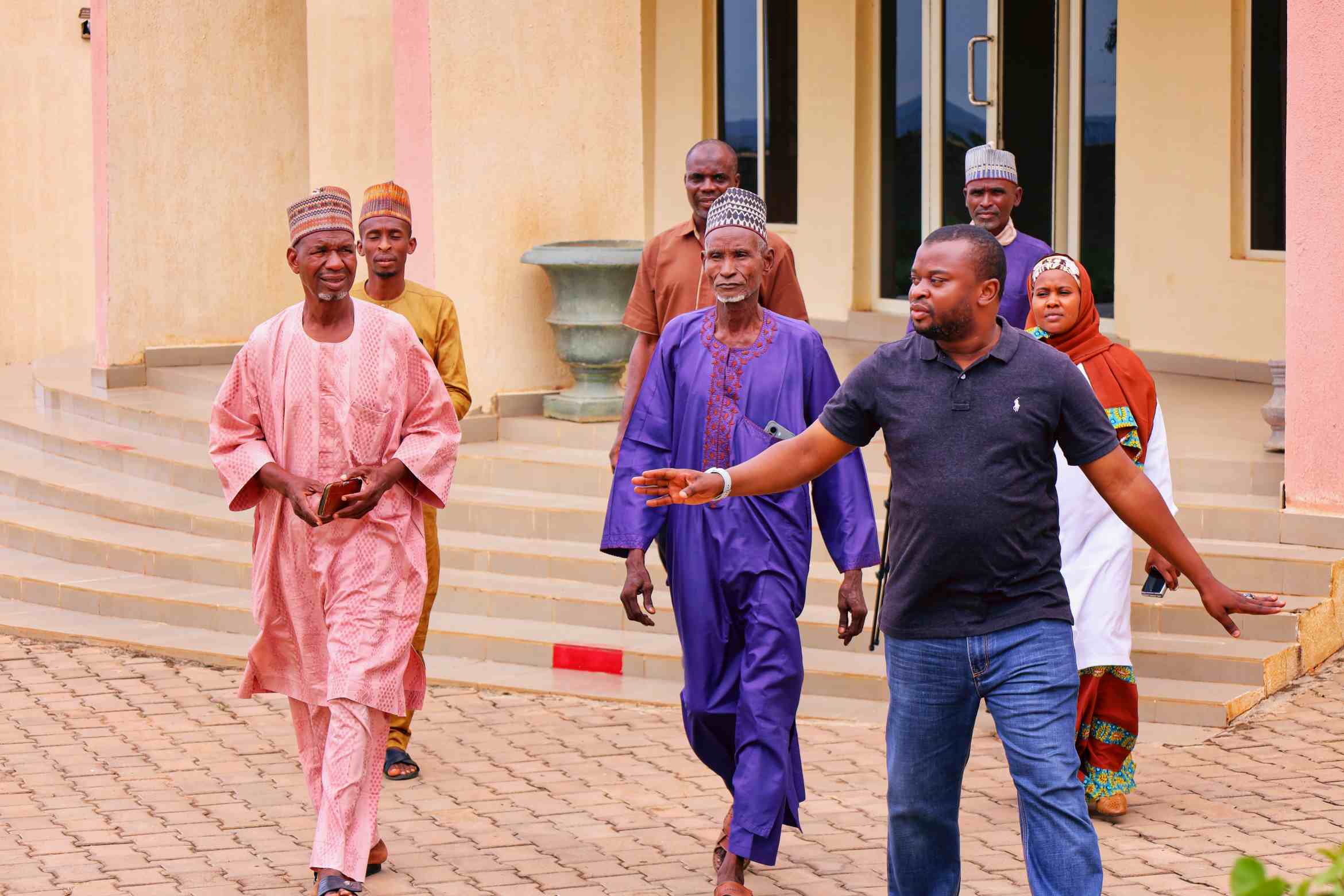
The collaboration is expected to serve as a model for linking grassroots innovation with academic excellence in Nigeria.
-
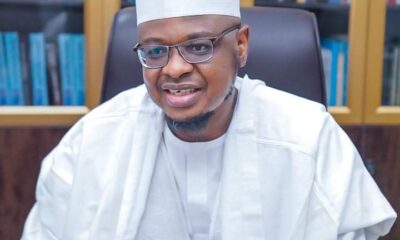
 Leadership1 year ago
Leadership1 year agoBreaking: African Union Appoints Pantami as Co-Chair of the 4th Industrial Revolution Policy Council
-
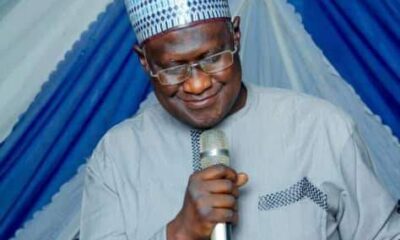
 Appointment11 months ago
Appointment11 months agoGombe State Indigene, Appointed New Vice Chancellor (ATBU)
-

 Politics2 years ago
Politics2 years agoFormer Gombe State APC Promoters Forum Chairman Attacked Following Political Commentary
-
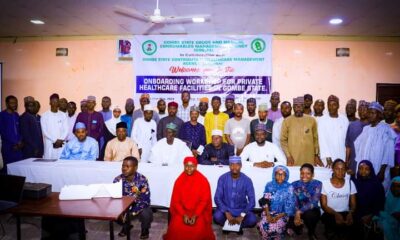
 Health1 year ago
Health1 year agoGombe State Organizes Onboarding Workshop for Private Healthcare Facilities
-
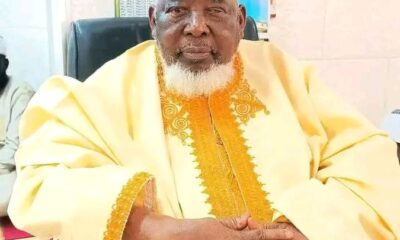
 Death6 months ago
Death6 months agoProminent Nigerian Islamic Scholar, Sheikh Sa’idu Hassan Jingir, Passes Away
-
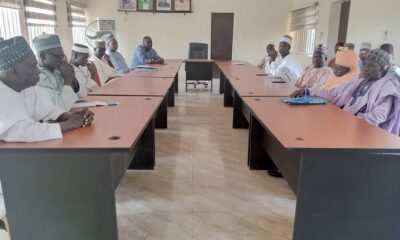
 Water1 year ago
Water1 year agoGombe Government Mobilizes Stakeholders to Combat Illegal Water Connections
-
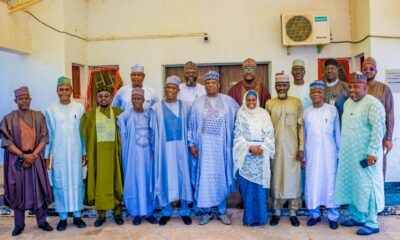
 Politics1 year ago
Politics1 year agoGombe State Inaugurates Human Capital Development Council
-
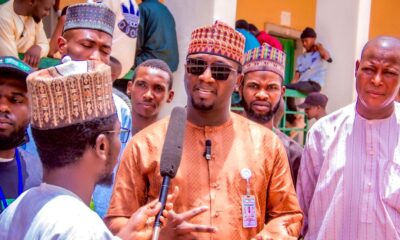
 Politics1 year ago
Politics1 year agoGombe State Launches Presidential Palliative Program (PPP) to Aid Small Businesses
